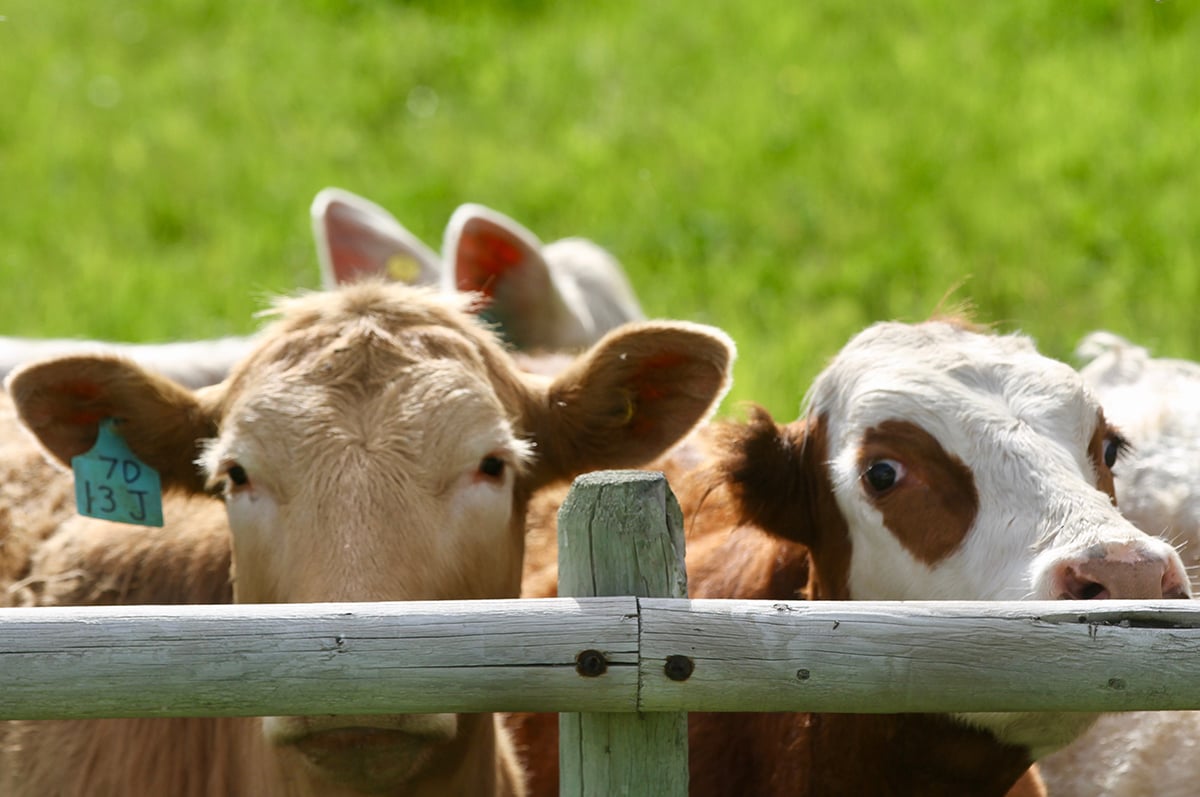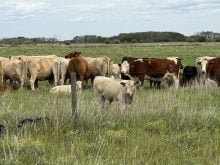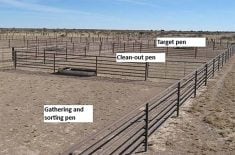RED DEER – A motion that would limit the number of cattle that packers could own to 10 percent of their monthly kills was passed at the Alberta Cattle Feeders Association annual meeting.
Feedlot owner John Vander Heyden of Picture Butte proposed the resolution, which was approved by a 58-19 vote.
“We could become world leaders and start a trend as to how this could be done,” he said.
Some people at the Feb. 20 meeting said while they realized processors have a right to earn a profit, it was generally agreed packers have too much control and may have taken advantage of the current market situation.
Read Also

Feeder market consolidates at historic highs
For the week ending Sept. 6, Western Canadian feeder cattle markets were relatively unchanged compared to seven days earlier.
“I understand their mandate is to make money but it is hard to compete against them,” said feedlot operator Rick Paskal of Picture Butte.
Agriculture lawyer Keith Wilson told the group that a recent U.S. case involving Tyson Foods in which a jury recommended $1.28 billion award to cattle producers, will have little bearing in Canada because of the different situations.
The 1921 U.S. Packers and Stockyards Act protects the financial interest of livestock and poultry producers. It protects producers by prohibiting monopolistic or predatory practices and can force sellers to accept lower prices than would be available through free competition.
Canada does not have equivalent legislation. It has the Consolidated Competition Act and most provinces have legislation to govern fair trade in business.
Alberta has an agricultural products marketing act, which gives the government authority to establish a board to regulate fair trade.
“There is nothing in that legislation that would expressly authorize the government to restrict packer ownership,” Wilson said in a later interview.
In the United States any citizen can initiate a lawsuit against a company violating legislation.
“Even if we had equivalent legislated provisions, which I don’t think we do, it would not be the case that producers could form together and sue under the legislation because of the differences in our countries’ legal systems,” Wilson said.















